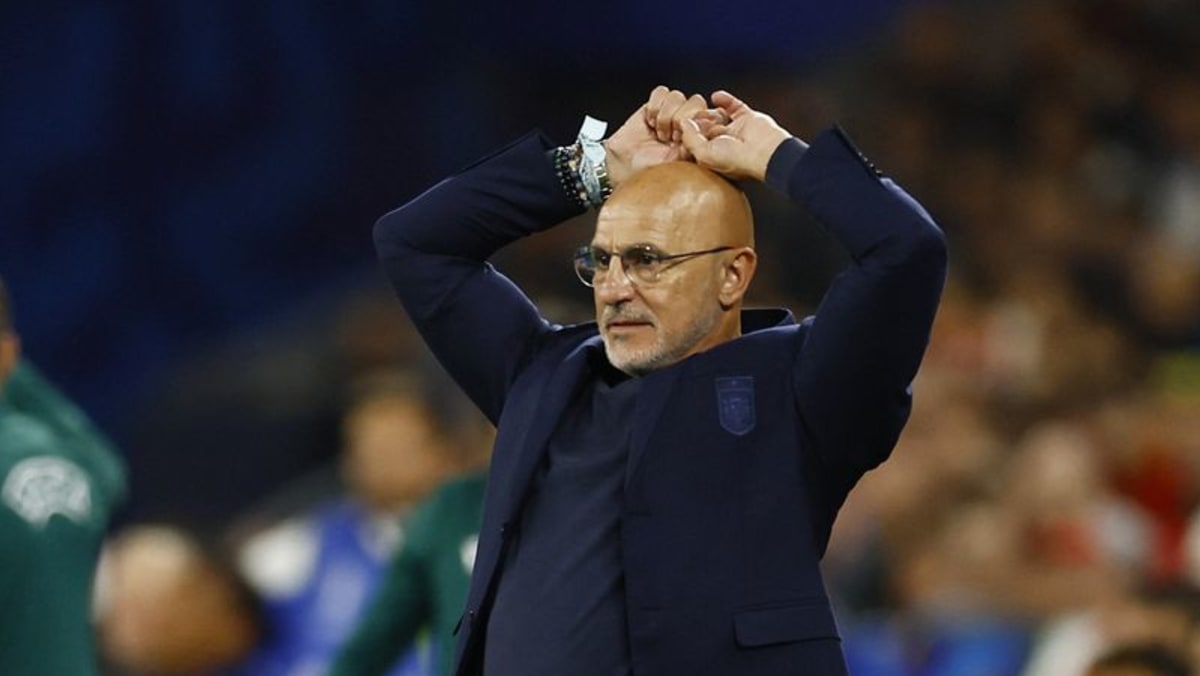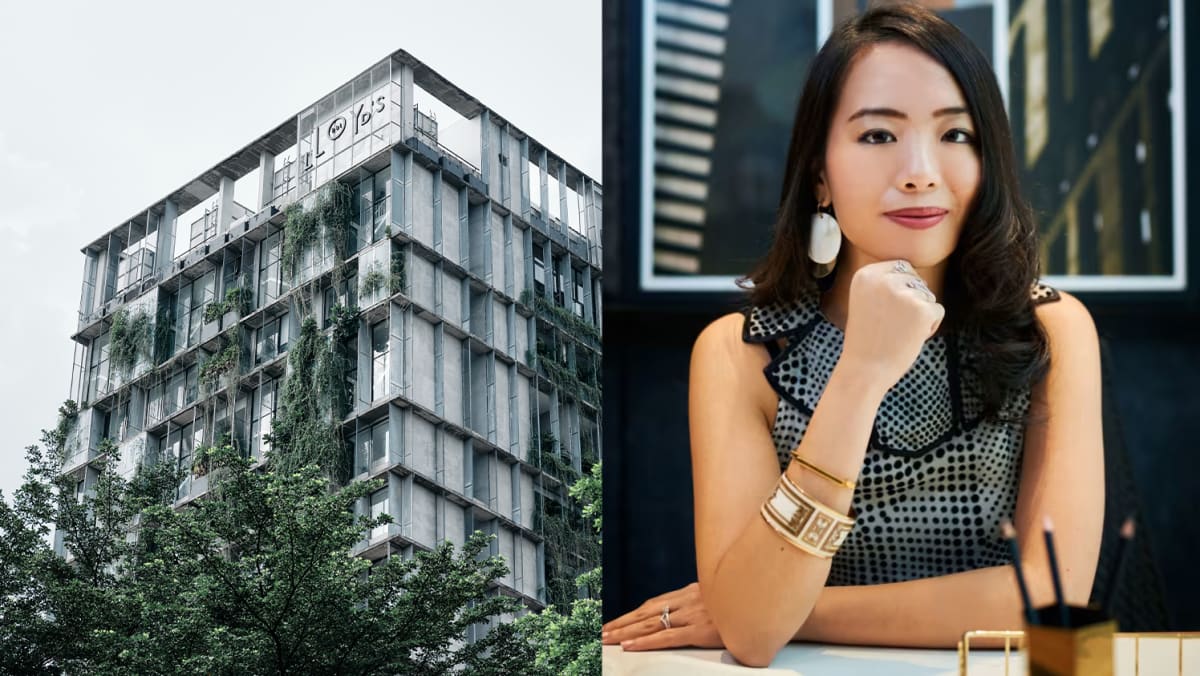“Having a pair of glasses prescribed and fitted can be similar to having a bespoke shirt tailored to fit perfectly. Our opticians and optometrists play an important role and they must be licensed professionals,” he added.
Pang also pointed out how it is important to know the difference between the work scope of an optician and optometrist. “Opticians specialise in fitting glasses, while optometrists are eye doctors trained in detecting eye diseases. An optical store that specialises in primary eye care will have optometrists on shift while an optical store that focuses on optical glasses would have more opticians,” he explained.
This is why Monocle employs a diverse team of eye-care specialists qualified in both specialties. Lenskart also has a team of qualified opticians and optometrists, who, according to Yeo Barger, undergo further training at the company’s own training centre – Lenskart Academy, to better equip them with skills in eye care and service.
NO QUALITY? THINK AGAIN
Consumers equate price to quality, even more so where prescription glasses are concerned – and while that is logical, the introduction of these unconventional optical stores may have brought about a different perception. Unlike “traditional” optical stores, which carry a broad mix of spectacle brands sourced from distributors, shops like Monocle and Lenskart produce their own lines of spectacle frames.
“This gives us control over both quality and pricing. Furthermore, we offer customisable features, such as options for raised-fit or titanium arms, allowing for a tailored eyewear experience. We also provide a wide selection of lenses from local and international laboratories (including Zeiss, Essilor, Kodak and Hoya) to meet different consumer requirements,” said Pang.














